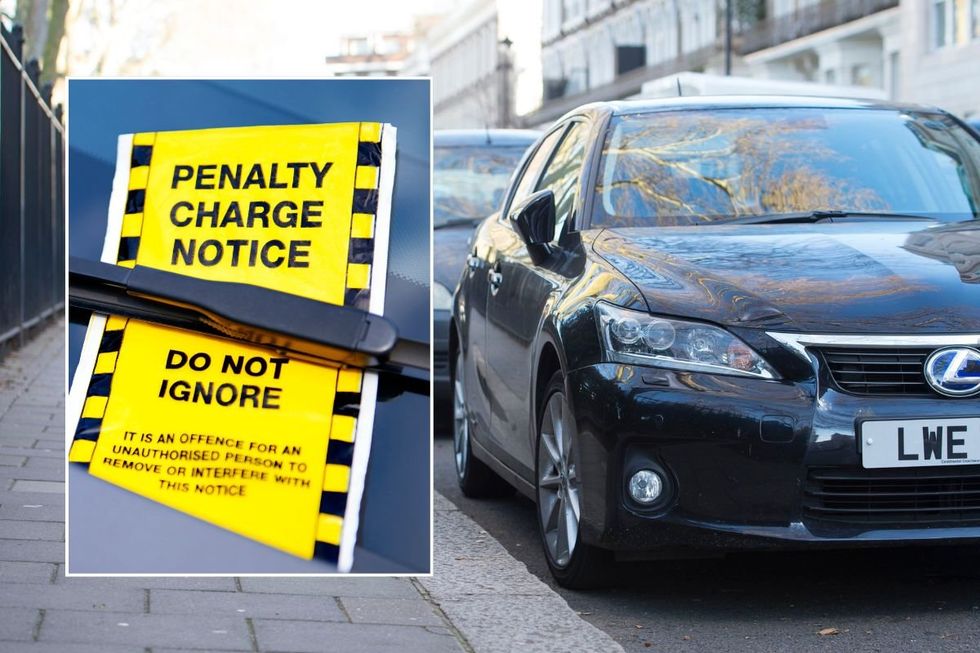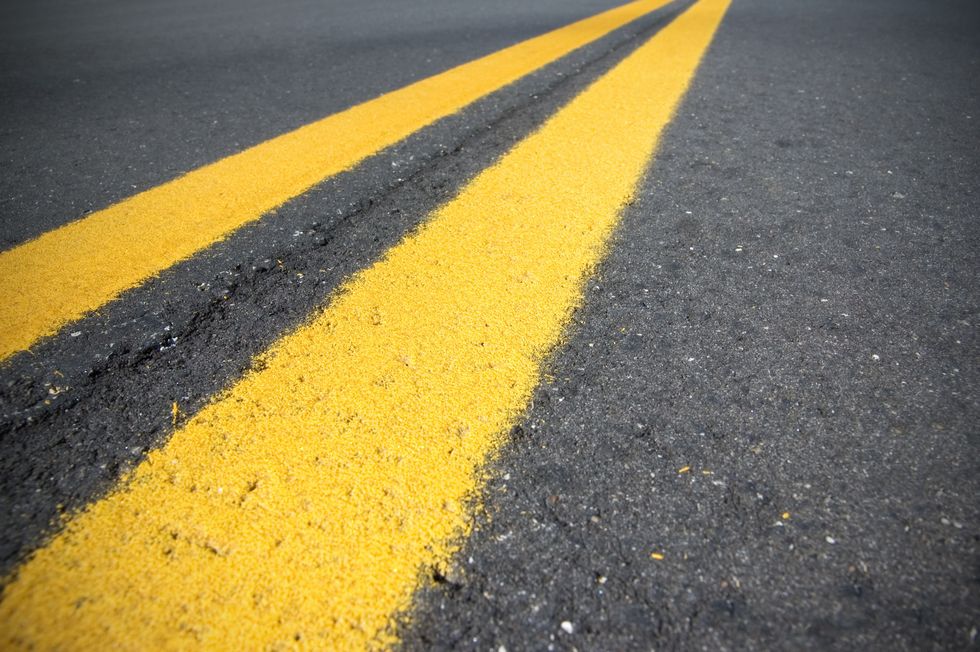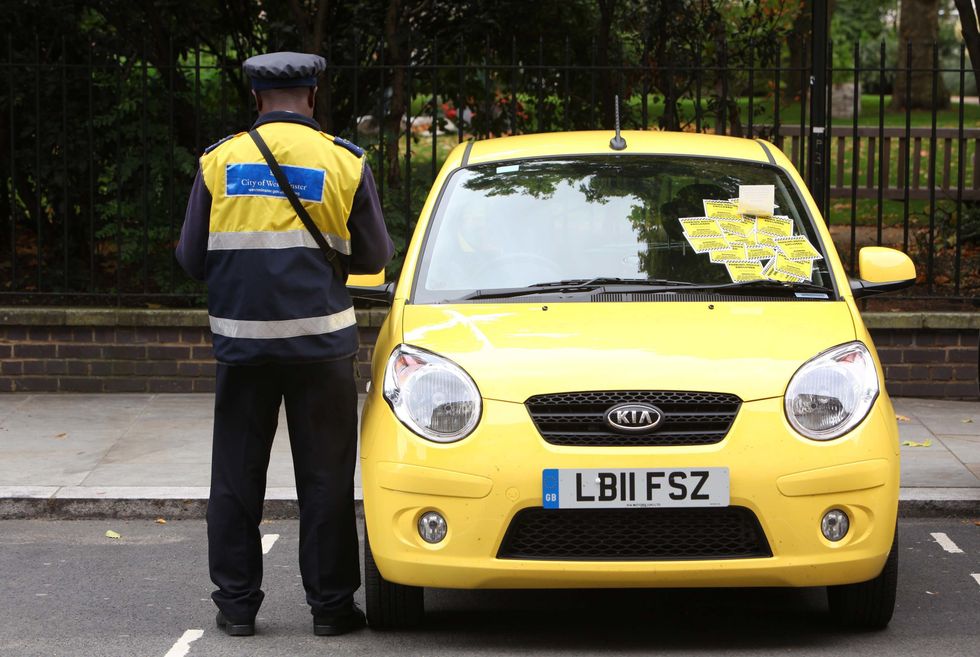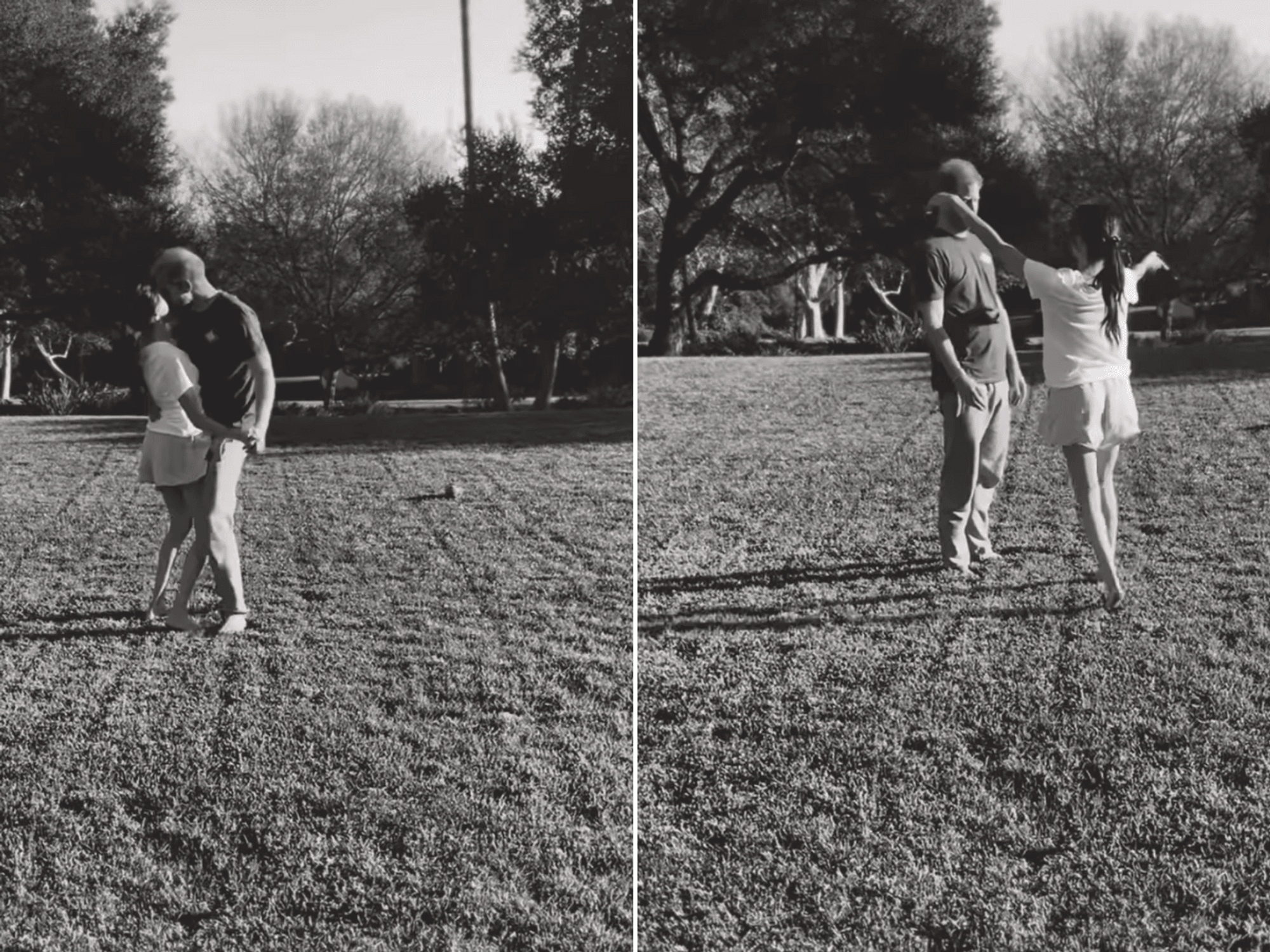Drivers slapped with 1.6 million fines for common parking error as demands grow for new road rules

The Department for Transport said it was reviewing evidence that could lead to parking law changes
Don't Miss
Most Read
Latest
More than one million fines were handed out last year for motorists for parking on yellow lines across the UK, according to new data.
Fresh research has found that over 500,000 of these penalty charge notices came from just 10 councils, with half being London boroughs.
The AA, which obtained the data from an FOI request, maintains that motorists are prepared to comply with regulations but require workable parking alternatives.
The figures emerged as the organisation pressed for improved parking infrastructure, arguing that drivers need realistic options rather than simply facing enforcement action.
TRENDING
Stories
Videos
Your Say
Yellow line violations remain a significant issue nationwide, with councils employing both traffic wardens and camera technology to identify offenders who breach single and double yellow line restrictions.
Penalties for yellow line violations differ significantly across the country, with London motorists facing fines reaching £160 while those outside the capital typically pay around £70, though some councils charge up to £130.
Drivers who settle their fines promptly within a fortnight generally pay half the standard amount.
The regulations distinguish between single and double yellow lines, with parking prohibited entirely on double yellows except for specific circumstances, like Blue Badge holders. Single yellow lines permit parking only during times displayed on adjacent signage.

Experts have called for new rules that outline where drivers can and cannot park
|GETTY
Local authorities deploy various enforcement strategies to monitor compliance, utilising both traditional traffic wardens and modern camera systems to identify vehicles breaching these restrictions.
The enforcement approach varies by council, though the fundamental rules remain consistent throughout the UK.
Research involving nearly 15,000 AA members revealed the primary motivations behind yellow line violations, with 43 per cent citing the need to load or unload items and around one-third admitting to making brief stops.
Blue Badge holders accounted for more than a quarter of violations, while 18 per cent blamed insufficient parking availability in their area.
 Drivers can be issued an £80 ticket for parking on double yellow lines | GETTY
Drivers can be issued an £80 ticket for parking on double yellow lines | GETTYLATEST DEVELOPMENTS:
- Rachel Reeves risks delivering 'hammer blow' to millions of Britons with £7billion Budget fuel duty cut
- Popular automakers face huge £12,000 fine per vehicle for not meeting Labour's strict EV targets
- Major car brands recall 585,000 vehicles over serious crash and fire concerns - Ford, Toyota, Nissan & more
Jack Cousens, the AA's parking expert, urged councils and transport planners to take action, stating: "People need to know where they can park safely and legally.
"Expanding legal parking provisions and improving visibility of restrictions could significantly reduce violations and improve road safety.
"The data shows that drivers are willing to follow the rules but they need the tools to do so. A combination of infrastructure investment, education and smart enforcement is the way forward."
The research exposed notable age-related patterns, with almost four in 10 motorists aged 65 and older acknowledging they had parked on double yellow lines, contrasting with just 29 per cent of drivers between 18 and 24.

The AA has called for more to be done to make drivers aware of where they are able to park
| PAWhen questioned about effective deterrents, over half the respondents indicated that increased parking provision would most effectively prevent illegal parking.
The Local Government Association acknowledged that growing vehicle numbers and sizes have made parking management "increasingly challenging for councils".
A spokesperson for the LGA said: "Parking fine levels in England outside of London are set by the Government, however, they have not been reviewed since 2008.
"A review of these levels could help ensure councils have up-to-date powers to tackle unlawful parking, ensure fair treatment to those that follow the rules and support better parking provision and enforcement where needed."
The Department for Transport said it was considering evidence from the parking sector on current fine levels, with a response expected "in due course".











